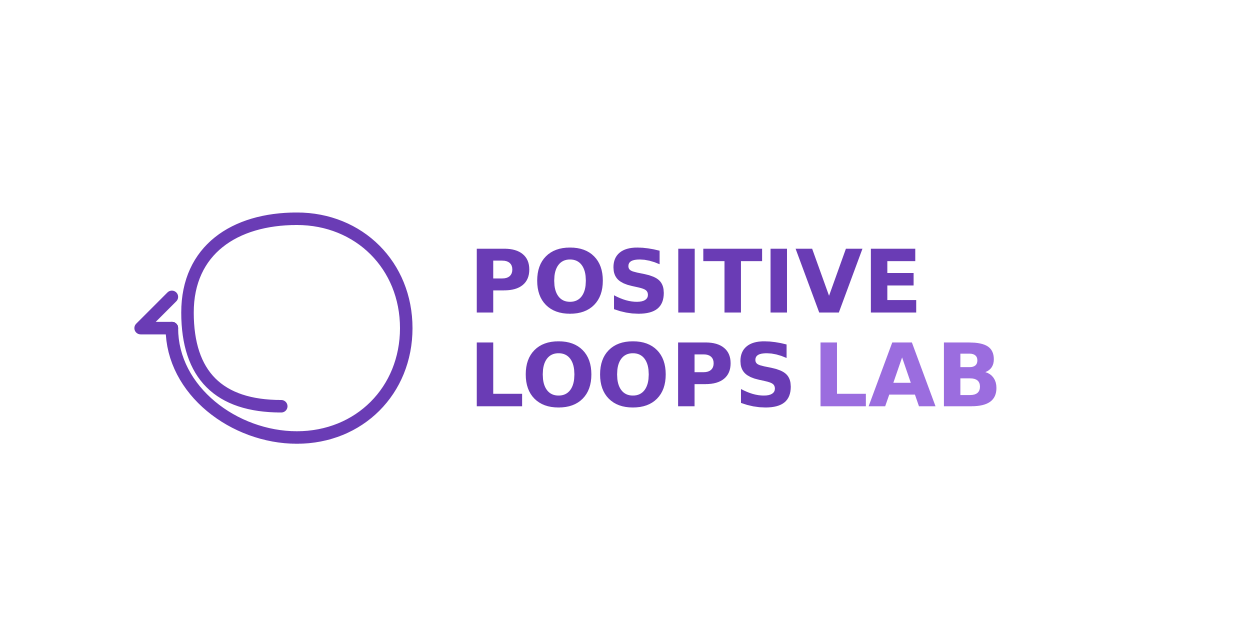Financial inclusion CFOs stand at a critical inflection point.
A role that once focused on financial oversight and compliance is rapidly evolving into something far more strategic and impactful.
Technology has been changing the game for finance teams.
No more Manual-Finance.
I've worked with many Financial Institutions where this leads CFOs and their teams to resist change. Many ended up resigning. Sometimes this is the result of poor change management - an inability to plan ahead, and envision how these teams can evolve with the organisation.
Some finance teams and CFOs, though, were able to thrive - seeing the opportunity to drive strategic decisions in ways that they had never been able to before.
The role of CFO is one that can face the biggest disruption from technological change. It is important that we look ahead and reimagine the future for CFOs and their contribution to the mission of financial inclusion.
I'm here to tell you that this is an exciting one.
From Historical Reporter to Strategic Advisor
Legacy technology and manual data collection have kept CFOs and their teams trapped in cycles of basic reporting.
Weeks consolidating data.
End of month processes.
Late nights in the office.
Preparing financial statements. Correcting errors. Missing data.
Always playing catch-up.
Financial teams have largely focused on looking backward. Being reactive rather than proactive. Preparing financial statements that tell us what happened yesterday, last month, or last quarter. Often too late to contribute to effective decision making.
Don't get me wrong, I understand the value of historical data.
But the idea of spending resources and time today just to make sense of the past is an outdated one. Financial Institutions have made the transition to automate all of these manual functions. This frees finance teams to focus on high-value analysis rather than compilation.
The CFOs that are thriving in this new era are making use of this analysis, and bringing more value to executive teams and Board rooms.
Making use of Real-Time Financial Data
Cloud based core banking technology is the enabler for real-time financial data.
CFOs are now starting their day with a complete picture of yesterday's business and operations across the entire institution. Early warning signals that previously took months to investigate are now readily available in real-time dashboards. Delinquency metrics, operational efficiency, and financial performance metrics all updated automatically without spreadsheets being emailed or manual calculations being performed.
Financial Inclusion can mean operating in volatile and unpredictable environments.
Real time data is giving some CFOs an edge.
Bridging the Gap Between Financial and Social Performance
Financial Inclusion has always claimed a double bottom line, but most institutions struggle to connect financial and social outcomes.
In our FREE 5 day email crash-course on Social Outcomes Reporting we outline 4 technological requirements for producing effective social outcomes reporting. They are:
- Cloud-based core banking systems
- Digital data collection tools
- APIs
- Data visualisation tools for reporting
These elements are required to get the real-time social and financial data to make effective decisions.
Having these in place enables CFOs and their teams to answer questions like:
- Which products deliver the strongest social outcomes relative to cost of delivery?
- What level of capital is required to move target clients in a particular community from one poverty probability level to the next?
- How might we invest in our branch operational teams to improve customer well-being?
These are the types of questions that any Financial Inclusion organisation should be answering.
They just haven't been able to.
With the right technology, CFOs are now able to build the systems, and teams that can drive this information into the Board rooms and impact investor meetings.
From Cost Centre to Value Creator
The finance function for many financial institutions is still viewed primarily as a cost centre.
A necessary department for compliance and reporting.
Not a driver of value.
But this is changing. Modern technology is enhancing the value of the people in finance teams. It makes the manual tasks redundant, not the function of the business unit. When finance teams are unlocked to conduct analysis and insight generation, they become central to strategic decision making.
The CFO becomes the player-coach of these teams, bringing unique insights, creativity, and questions for the team to investigate.
The transition is not always an easy one.
It requires a significant mindset shift from both CFOs and their executive colleagues. An entire organisational change. Sometimes the existing CFO and their team members are just not the right ones anymore, or not wanting to learn the new skills required.
For those willing to embrace the change, it is an opportunity to finally feel a part of the social mission of financial inclusion.
Four Capabilities of Future-Ready Financial Inclusion CFOs
As technology reshapes the financial inclusion landscape, CFOs need to develop four critical capabilities:
1. Data Integration Leadership
Future-ready CFOs must champion the integration of financial and social performance data.
This means taking an active role in technology decisions and insisting on systems that meet both operational and analytical needs. The days of accepting siloed data systems are over. Modern CFOs recognise that integrated data is essential for performance management.
Some simple starting questions:
- Do our systems integrate client social data with financial data for seamless analysis?
- Can we view data in real-time?
- Can relevant social and financial data be audited remotely?
2. Analytical Fluency
Financial analysis has always been part of the CFO role.
But the CFO for the future of Financial Inclusion needs to be comfortable, excited even, about combining this with social performance metrics. They need to be able to engage in predictive analysis and data visualisation.
This doesn't mean transforming into a data scientist overnight.
It is more about asking the right questions, seeing patterns, and using technology to transform complex datasets into simple insights for executive teams, boards, and investors.
3. Strategic Communication
From leading number crunching teams to delivering strategic insights requires a change in communication.
The future-ready CFO must be able to lead their team to think creatively, to ask questions that have never been asked before. To innovate and build.
Automation not only integrates business units at the technology-systems level, but operationally as well.
CFOs now find themselves with the ability, and responsibility, to bring insights to different operational stakeholders. These are often teams with different incentives, which can sometimes be seen to conflict. This often means bridging gaps, communicating expected trade-offs and the impact of decision making.
For both internal and external communication, the art of storytelling and creating narratives from complex data and visualisation tools is increasingly important.
4. Change Management
Change does not happen overnight.
Future ready CFOs must be part of driving change.
The ones that are successful understand the value of technology investments, and communicate this to staff at all levels. They understand the financial benefits of technology, and how it will improve the work of people in the organisation. They are able to address skepticism and push back against the status quo. They are also able to manage expectations - push the future vision despite the short-term pain of implementation.
Successful CFOs approach digital transformation as a people challenge first and a technology challenge second.
Getting Started: 4 Practical Steps Toward the Future
The transition to a future-ready finance function doesn't happen overnight. But there are practical steps you can take to begin the journey:
1. Assess your current data ecosystem
Conduct an honest evaluation of where your financial and social data currently lives.
- Is it within different systems or the same system?
- Can you view all data in real time?
- How does data flow through your organisation?
- What insights can be generated?
- Can you verify the data within your systems?
2. Identify your highest-value questions
Ask different stakeholders about what questions they would like to answer.
- What strategic questions would you answer if you had perfect information?
- Which decisions would most benefit from integrated financial and social performance data?
Clarity over these questions helps prioritise which data should flow into your systems, and the technology investments required.
3. Experiment with existing data
Look for opportunities and gaps within existing data.
This process will help to identify the gaps and opportunity costs of maintaining current systems, and map out the requirements for the future.
You may find opportunities to create simple dashboards or data visualisations that have not been tried before. This is part of the process of creative thinking.
4. Build the Business Case for Change
Document the costs of your current manual processes.
- Staff time
- Reporting delays
- Maintaining existing technology (and staff costs)
- Missed opportunities for strategic insights
Compare these to the benefits of automated systems for all stakeholders, and create and compelling case for change.
Now Is The Moment For CFOs in Financial Inclusion
Financial inclusion CFOs have a unique opportunity to lead their organisations into a more data-driven future.
The technology exists.
Some are already taking advantage, becoming champions of financial and social performance data, and driving the strategic decisions that create change.
It has never been a more exciting time to be a CFO in Financial Inclusion.

